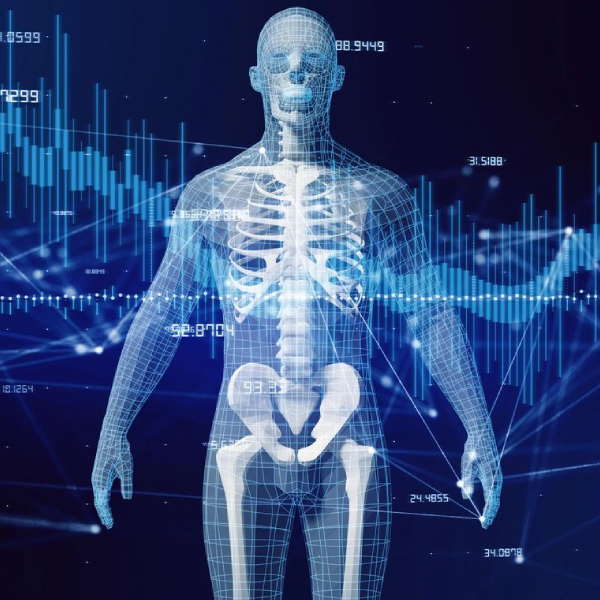Kairos Research has been awarded a contract with Wright State University to apply cutting-edge artificial intelligence (AI) methods to fundamentally change the way human performance data are analyzed. Kairos will partner with investigators at Wright State University and Kansas State University to leverage “contextual AI” techniques to reason about sources of error (a.k.a. residuals) in human performance optimization (HPO) research data. The project, titled Recovering the Sources of Individual Differences Unduly named Errors (ReSIDUE), is one of five projects selected for funding under a larger DARPA program called Teaching AI to Leverage Overlooked Residuals (TAILOR). TAILOR is itself part of DARPA’s broader AI Next campaign aimed at accelerating “third wave” AI research.
According to DARPA’s website, TAILOR “is exploring whether and, if so, to what extent AI methods can enhance prediction about which HPO intervention(s) will be most effective for different individuals and teams. In particular, TAILOR seeks to test third wave AI tools and approaches that can use contextual reasoning to make counterfactual predictions about HPO interventions and better leverage individual variability (i.e., if person X had been given intervention Y, then they would have had outcome Z).” Critically, TAILOR is concerned not only with optimizing warfighters’ physical performance, but also cognitive and social (i.e., team) performance.
To achieve the goals of TAILOR, the ReSIDUE project seeks to implement contextual reasoning using inductive inference applied to knowledge graphs. Knowledge graphs, which contain background (i.e., contextual) information about a problem or topic, are a major paradigm in third wave AI and are a key factor in the emerging Semantic Web. In Phase 1 of TAILOR, the ReSIDUE team aims to demonstrate proof-of-concept by predicting individual differences in cognitive performance on defense-related intelligence analysis tasks. In Phase 2, the team seeks to apply ReSIDUE to analyze physiological and social performance data shared by other TAILOR teams. According to Srikanth Nadella, a senior software engineer at Kairos Research, “the ReSIDUE project presents a unique opportunity to revolutionize human performance data analysis through innovative AI. The Kairos team is well-equipped for this challenge given our expertise in both human sciences and data analytics.”

